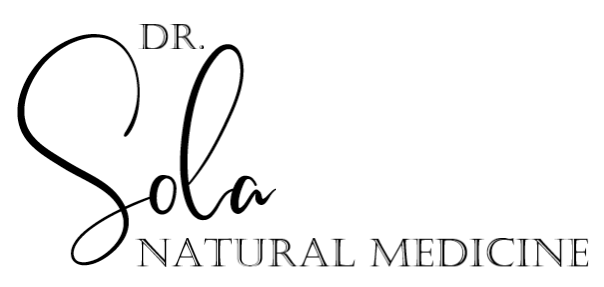
Angelica sinensis
Common Name: Dong quai
Family: Apiaceae or Umbelliferae (Parsley family)
Parts used: Root
Constituents: Furanocoumarins (ligustilide), polysaccharides, ferulic acid
Taste/smell: Sweet, bitter, slightly pungent
Tendencies: Warming, moistening, stimulating, invigorating, nourishing
Actions
Uterine tonic
Warming female tonic
Enriches the blood and promotes blood circulation
Regulates and normalizes menstruation and the menstrual cycle
Mild laxative
Diuretic
Sedative
Hepatoprotective
Anti-inflammatory
Analgesic
Antibacterial
Hypotensive by being a calcium channel blocker
Antispasmodic
Cardiac Tonic
Anti-arrhythmic
Antiplatelet/Anti-thrombotic
Gastric Stimulatory
Immunomodulator
Anti-cancer
Neuroprotective
Uses
Uterine Tonic:
PMS (cramping)
Dysmenorrhea
Amenorrhea
Uterine bleeding due to stagnation
Chronic pelvic infections
Endometriosis
Hyper- or hypo-estrogen conditions
Menopausal symptoms
Infertility (females)
Leiomyomata (uterine fibroids)
Pelvic congestion syndrome
Threatened miscarriage
Premature labor
Blood Circulator:
Tonifies and harmonizes the blood
Headaches due to blood deficiency
Anemia
Ischemic brain injury
Antispasmodic:
Arthritis
Sciatica
Chronic bronchitis
Coughing
Wheezing
Cardiac Tonic:
Strengthens heart contractility
Decreases the heart rate (pulse)
Acts as an anti-arrhythmic
Dilates coronary blood vessels
Increases coronary blood flow
Dilates peripheral blood vessels
Corrects experimental atrial fibrillation induced by atropine, pituitrin, strophanthin, acetylcholine, or electrical stimulation
Antiplatelet/Anti-thrombotic:
Thrombosis
Vasculitis
Mental Picture and Specifics
Dong quai is beneficial for gynecological complaints with spasms and pain, chills, dryness of skin, constipation due to dryness, and uterine or ovarian masses. It is also indicated for congestion in the pelvic region.
Contraindications
Pregnancy due to its emmenagogue effects
Menorrhagia
Bleeding diathesis due to its antiplatelet properties
GERD due to its gastric-stimulating effects
Diarrhea
Acute viral infections
Individuals with hot constitutions
Adverse Effects
None known
Toxicity
Very safe
Interactions
Use with caution with anticoagulant drugs as it may potentiate drugs like coumadin (warfarin)
The furocoumarins may sensitive the skin to the sun and increase the chance of sunburn
References:
Brinker, Francis J. Herbal Contraindications and Drug Interactions plus: Herbal Adjuncts with Medicines. Eclectic Medical Publications, 2010.
Kaufmann, Taylor. NPLEX II Study Guide. Wild Brilliance Press, 2019.
Lun, Vincent, et al. Core Knowledge for NPLEX 2. 1st ed., Marano Publishing Incorporated, 2014.
Marciano, Marisa, and Nikita A. Vizniak. Evidence Informed Botanical Medicine. Professional Health Systems Inc., 2015.
Skenderi, Gazmend. Herbal Vade Mecum: 800 Herbs, Spices, Essential Oils, Lipids, Etc., Constituents, Properties, Uses, and Caution. Herbacy Press, 2004.
Tilgner, Sharol. Herbal Medicine: From the Heart of the Earth. Wise Acres, 2020.







